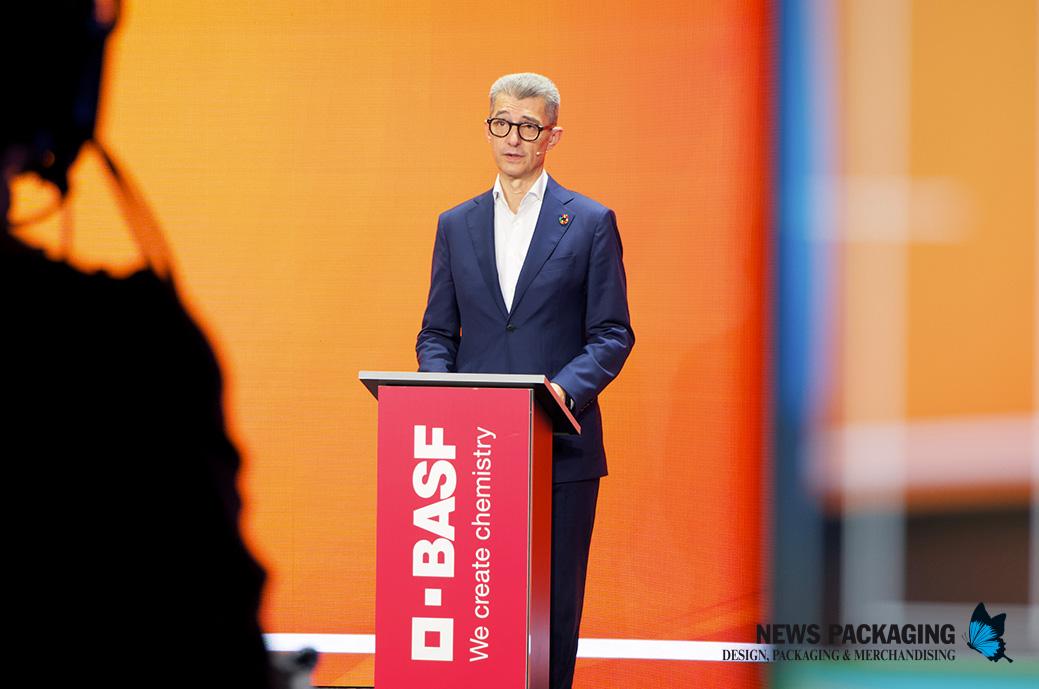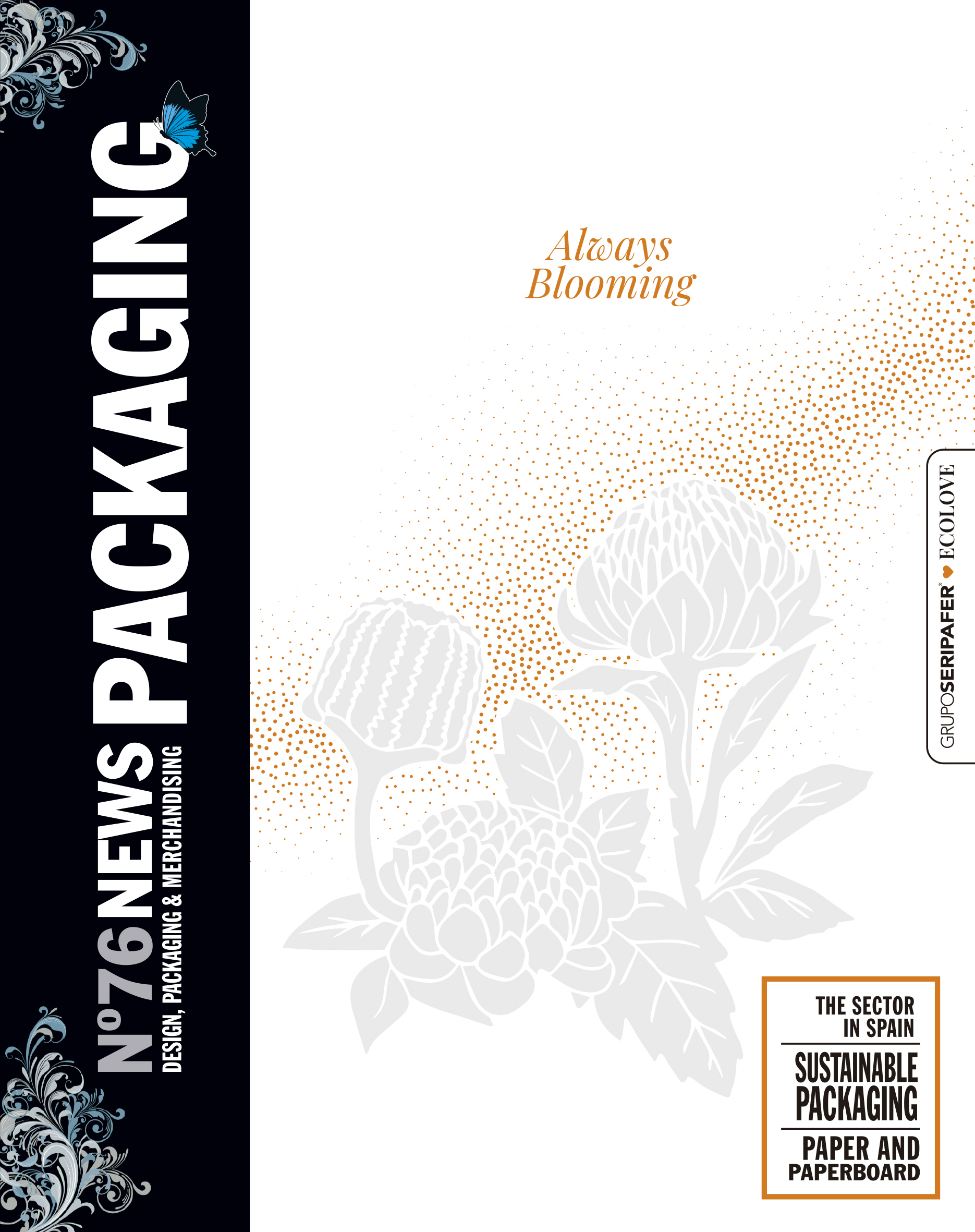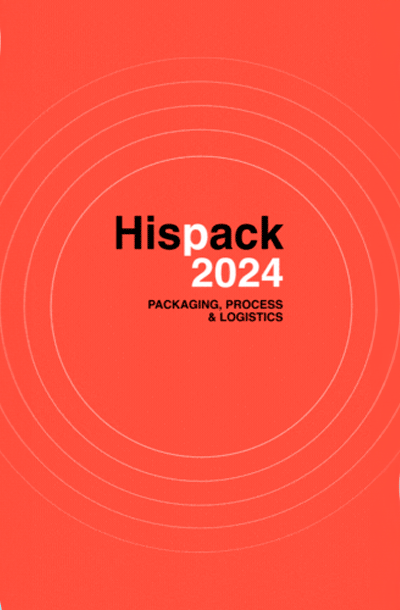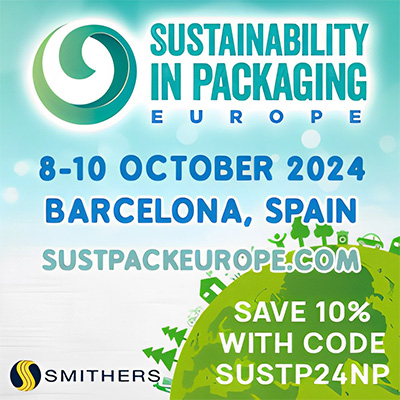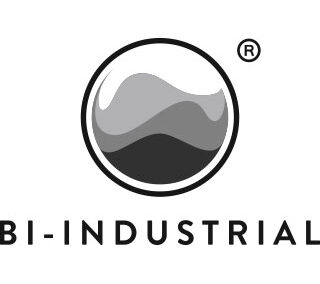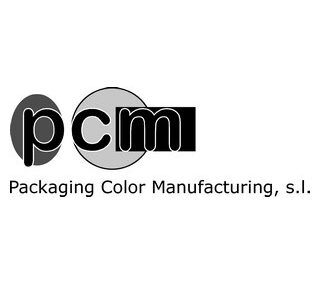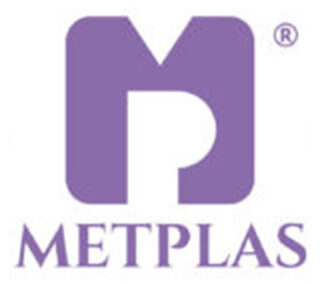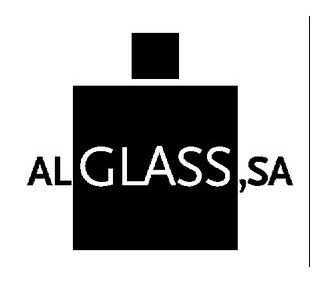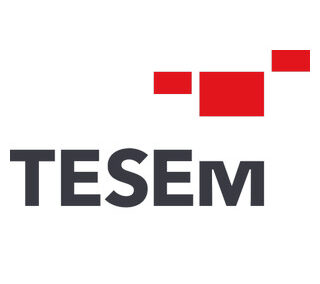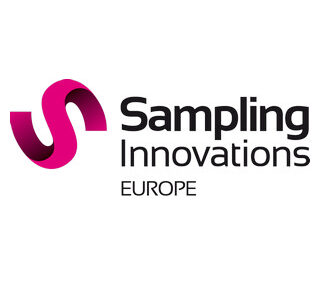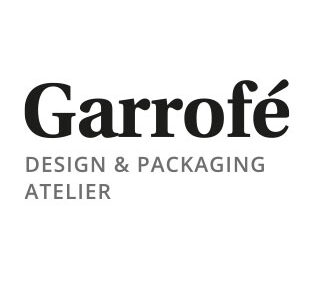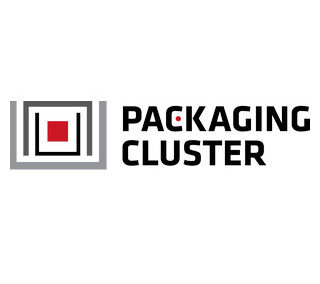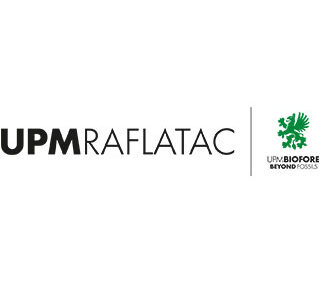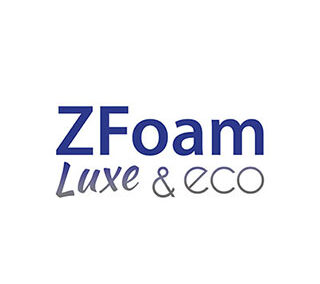BASF in Spain has presented its economic results for fiscal year 2023. The Group achieved sales in Spain of 1.358 millones de euros, which means a decrease of 13% compared to the 1.562 million in 2022. This decrease is the result of the negative effect of prices (-7%), which had grown significantly the previous year, and weaker demand (- 6%). The results, in line with the sector's forecasts, allow us to observe how the Group has managed to maintain the dynamic in the country, with a more positive performance than that of BASF's sales at a global level in the same period, where they stood at -21% compared to the previous year.
Carles Navarro, general director of the Group in Spain: “the development of our activities shows high competitiveness and robust health, despite the current economic and political situation. If we put the figures in context, these results place us at pre-pandemic levels; Compared to fiscal year 2019, we would be talking about 7% above.”
The reality of the market – low demand, increased costs weighed down mainly by energy, availability of stock – has not, however, affected all segments in the same way, nor have they done so in the same way during the year. A positive evolution is observed from less to more in volumes, especially in the second semester in the superabsorbents, lubricants, paints, cosmetics and home care businesses. In terms of prices, all businesses show a clear downward trend as the year progresses, with the exception of Agricultural Solutions, which also manages to exceed the sales figure.
Navarro is optimistic and highlights another aspect of the Group's activity: “investment levels remain stable. This puts on the table, on the one hand, our capacity for resilience, commitment, capacity for innovation and reliability; and the Group's commitment to the country, on the other."
Confidence in the Group's project in Spain
BASF plans invest in Spain in 2024 40 million euros and maintains the levels of recent years. In 2023 the investment finally stood at 45 million euros, compared to the 43 million planned. Most of this capital (14 million) was allocated to the completion and start-up of the Technology Center for the paint business in Guadalajara, inaugurated last June. “This investment completes the largest injection ever received in this center, which exceeded 70 million euros. Although it was already a strategic center for the company, we have observed how it has received new manufacturing lines that were previously produced in other European enclaves.” Since March 1, the Coatings business has been part of the legal entity BASF Coatings Española, which operates under the umbrella of the BASF Group.
For their part, the digital and engineering hubs, with global and European projection respectively, continue their evolution. The digital hub, for example, which operates under the company BASF Digital Solutions, has nearly 600 people who recently moved to the new enclave located in Fuente de la Mora, Madrid.
In this sense, the company is also making progress in terms of diversity and inclusion, in a strongly masculinized sector, and with a significant challenge of attracting both chemical and technological talent. Currently, 23% of the workforce are women (compared to 19% in 2015). In 2023, 44% of hires in technical and specialist positions in Spain were women. The presence of women in leadership roles reaches 27% and on the Group's Board of Directors in Spain it reaches up to 4%. The organization's global commitment is to reach 36% by 30.
Alliances for a sustainable future
BASF is committed to alliances in a context of joint purpose to face the challenges of a sustainable future.
Last January, Inditex launched its first piece made with loopamid®, a polyamide 6 (PA6, also known as nylon 6) made 100% from textile waste, BASF has provided the first circular solution for nylon garments made entirely from textile waste: A jacket made from 100% loopamid, following a “design for recycling” approach, all parts including fabrics, buttons, padding, hooks and loops and zippers. Due to its ability to tolerate all fabric blends such as PA6 and elastane, the cutting-edge technology behind loopamid enables textile-to-textile recycling of post-industrial and post-consumer textile waste. Fibers and materials can be recycled in multiple cycles. At the same time, the material characteristics are identical to those of conventional virgin polyamide.
Navarro states: “we support the textile industry in its path towards sustainability and help consumers improve their own environmental footprint, and we want to do so in the short, medium and long term. We believe in commitment throughout the entire value chain: from our suppliers to no longer our client, but their end client.” This is why BASF collaborates in initiatives such as the training program promoted by the UN Global Compact in which 300 Group supplier companies participated, or the alliance with the energy company Engie, which supplies eight of our centers with green energy.
The alliances are also part of the Group's firm commitment, at a global level, to electromobility. For example, BASF inaugurated last June in Schwarzheide, Germany, the first German large-scale production plant for cathode materials for batteries and which will be able to produce materials for the cathode part of the lithium-ion batteries of about 400.000 electric cars per year. . Another example along these lines was the announcement of the agreement as the first partner to provide a recycling solution for the lithium-ion batteries of the Iveco Group's electric vehicles.

